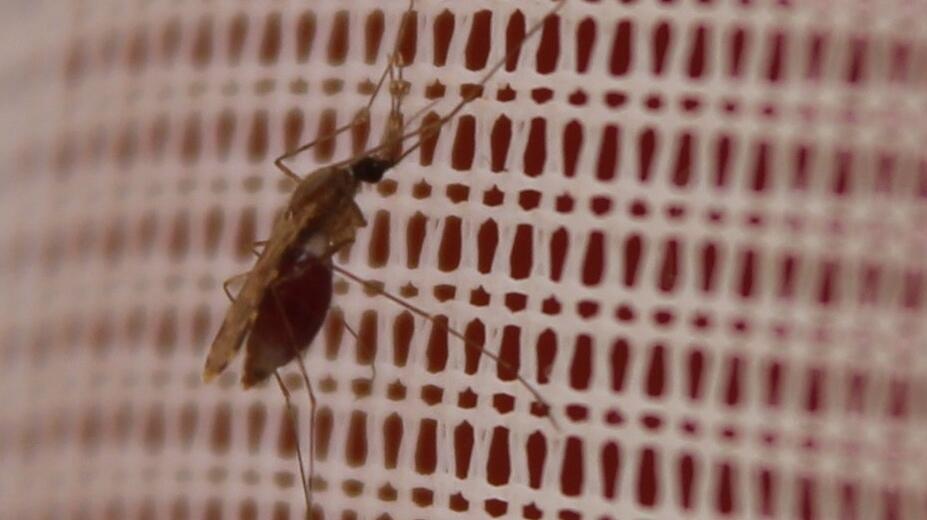
Researchers from LSTM have detected DNA mutations conferring resistance to bednet insecticides and designed a new assay to detect resistance in Anopheles mosquito, Africa’s main vector of malaria.
LSTM’s Professor Charles Wondji is senior author on a paper published in the journal Science Translational Medicine, the results of which detected the major genes conferring insecticide resistance in the mosquitoes which carry malaria. They identified a DNA marker in the gene, cytochrome P450, which encodes an enzyme that breaks down insecticides used to treat bednets.
Professor Wondji said: “Malaria prevention relies extensively on mosquito control using insecticide-treated bednets, the efficacy of which is now threatened by insecticide resistance. If these interventions fail recent gains in reducing malaria transmission could be lost with catastrophic consequences. Our study not only confirmed the major genes involved in the resistance within the mosquito vector, but we also, for the first, time designed an assay to easily detect the genetic markers involved with the production of the enzymes involved.”
The team overcame the difficulties in elucidating the molecular complexity of an important resistance mechanism through which the mosquitoes acquire the ability to resist pyrethroids, the main class of insecticide licenced for use on bednets. From that a diagnostic tool was developed to test for P540-mediated resistance.
Professor Charles Wondji said: “We designed the first DNA-based diagnostic assay and were able to use it to establish that this major form of resistance significantly reduced the effectiveness of nets that are treated with pyrethroids alone.”
Through a field experimental hut study in Africa, they showed that mosquitoes carrying this resistance marker were more able to survive and to take a bloodmeal after exposure to insecticide-treated bednets. They also found that nets containing the insecticide synergist PBO, which inhibits the enzymes, provide better protection against mosquitoes with this resistant marker than those treated with insecticide alone. Professor Wondji continued: “Such work is of great importance to help design strategies to manage resistance and to maintain recent gains in malaria control using insecticide-based tools. This work will help detect and track resistance at an early stage and assess the impact of resistance on malaria transmission allowing control programmes to design evidence-based resistance management strategies.”
A cytochrome P450 allele confers pyrethroid resistance on a major African malaria vector, reducing insecticide-treated bednet efficacy